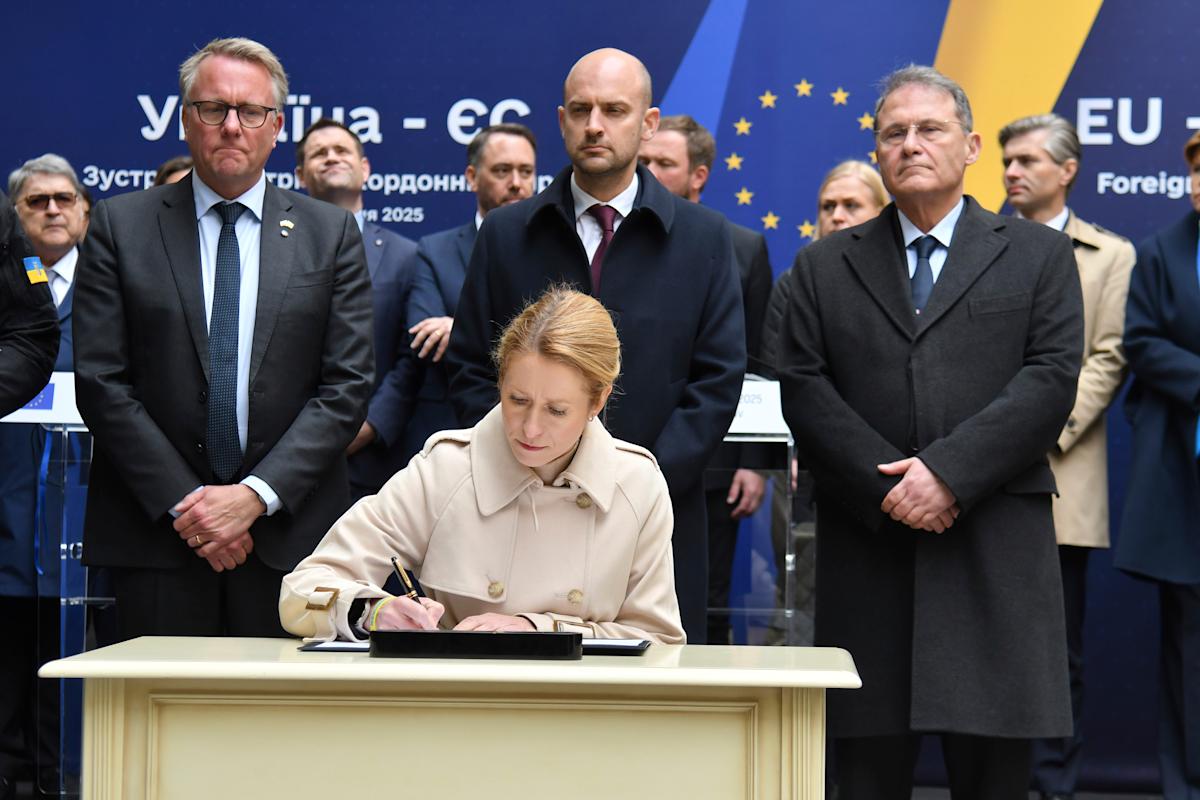International Tribunal Formed to Prosecute Russia's Crime of Aggression
- Free Citizens Network

- May 9, 2025
- 3 min read

A significant development in international law emerged as leaders from approximately 40 countries convened to express their support for a specialized tribunal aimed at prosecuting individuals responsible for Russia's extensive invasion of Ukraine. This initiative seeks to hold accountable high-ranking officials for what has been labeled the "crime of aggression."
The proposed legal body will primarily focus on top Russian officials associated with the 2022 invasion of Ukraine, addressing various crimes alleged by Ukraine against Russian military forces, which include attacks on civilian areas and other severe violations of human rights.
Given that Russia is not a signatory to the International Criminal Court (ICC), it cannot be prosecuted there for initiating the conflict. This prompted Ukrainian leaders, in collaboration with European officials, to forge this alternative legal route to pursue accountability.
The Special Tribunal’s Purpose and Framework
The tribunal's establishment will result from a partnership agreement between Ukraine and the Council of Europe, which is recognized as the continent's foremost human rights organization. A particularly notable aspect of this tribunal is its intent to address the crime of aggression, which encompasses the planning and execution of large-scale military invasions.
Ukrainian President Volodymyr Zelenskyy emphasized the need for a transformative approach to justice during a visit to the Netherlands, stating, “If we want true justice, we should not look for excuses.” His administration has been advocating for this tribunal since the onset of the conflict.
The Core Group of nations supporting this initiative will cover the tribunal’s operational costs, with key contributors including the Netherlands, Japan, and Canada. While the Biden administration expressed backing for the project, prior governmental shifts in the U.S. revealed fluctuating support.
Progress and Next Steps
On the recent announcement day, Ukraine’s Foreign Ministry confirmed that the necessary legal groundwork for the tribunal has been finalized. It is anticipated that the formalization of the court will occur at an upcoming Committee of Ministers meeting of the Council of Europe in Luxembourg.
The tribunal is expected to prosecute around 20 to 30 high-level officials implicated in the invasion. Although Moscow has signaled that it will not engage with the tribunal's announcement, the push for accountability remains steadfast.
Legal Implications of the Crime of Aggression
The crime of aggression is widely recognized as a pivotal offense in international law, often described as the “mother of all other crimes” as it underlies war crimes and crimes against humanity, according to legal experts. Previous special tribunals, such as those post-World War II, have tackled similar issues, underscoring the historical context of this legal stance.
While international law provides certain protections for sitting heads of state against prosecution during their time in office, the tribunal retains the ability to launch proceedings against figures such as President Putin, pending the removal from office or changes in legal jurisdiction.
Challenges Facing the Tribunal
The creation of this tribunal reflects a broader response to the limitations of the ICC, which cannot pursue Russian officials for instigating the invasion due to Russia’s non-membership. Although indictments have been issued for various war crimes, addressing the fundamental act of aggression necessitates a specialized judicial approach.
Final decisions on the tribunal's location remain pending, with The Hague as a leading candidate given its existing international judiciary framework. This city already hosts the International Center for Prosecution of the Crime of Aggression, aimed at facilitating evidence collection related to alleged war crimes in Ukraine.
Supporters of the tribunal remain optimistic about its operational launch by early next year, marking a pivotal step in addressing the complex legal ramifications arising from the ongoing conflict.
.png)


